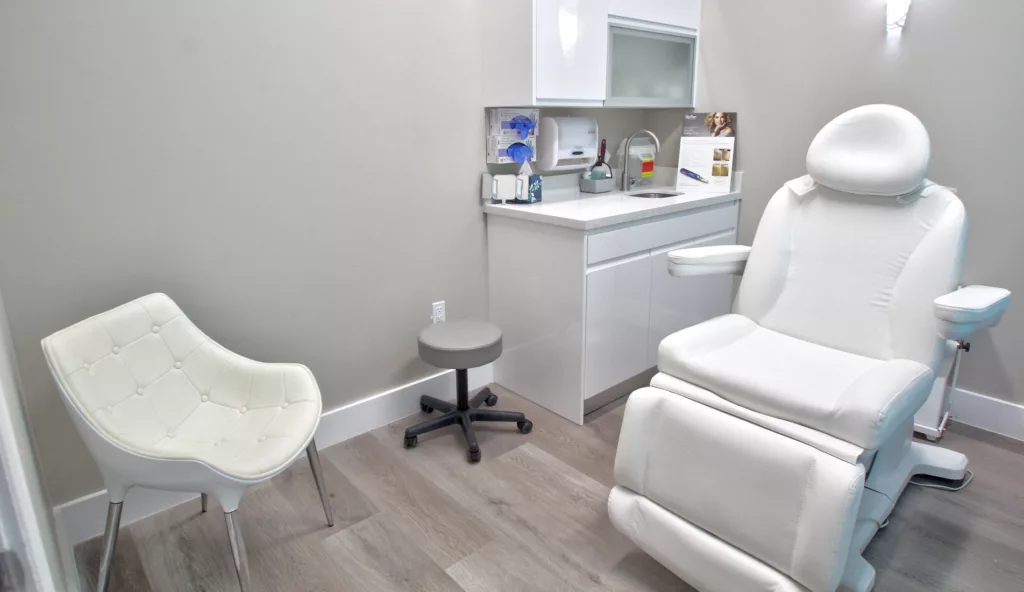Deciding to sell or transition your dental practice is a significant milestone that requires careful consideration. Whether you're contemplating a partnership or a complete sale, understanding both your circumstances and market conditions can help you make an informed choice.
Understanding Your Motivations
The first step in evaluating a practice transition is honest self-reflection.
"I want to practice dentistry for a long time...I was going really fast and had to think about if I wanted to practice longer, I needed to slow down in certain ways," said Dr. Alice Bui.
In our experience working with dental professionals, those who begin contemplating a transition are often responding to an underlying need for change. Common motivations we encounter include fatigue from managing staff turnover, the desire to reduce administrative burdens, and concerns about revenue unpredictability due to insurance and Medicaid uncertainties.
Market Timing and Industry Trends
Timing your transition effectively requires awareness of both personal readiness and market conditions. While it's tempting to wait for the "perfect moment," remember that market conditions can be unpredictable. If your specialty is currently attracting interest from private equity firms or seeing active consolidation, it may be worthwhile to explore your options sooner rather than later.
When to Hold Off on Transitioning
Before proceeding with a transition, ensure these key elements are in place:
- Recent Investments: If you've recently invested in new equipment, facilities, or capabilities, consider allowing time for these investments to demonstrate their value. Buyers, particularly private equity-backed organizations, typically won't factor in potential future returns from recent investments that haven't yet proven their worth.
- Financial Documentation: Strong financial records are essential for maximizing your practice's value. If your bookkeeping needs attention, focus on organizing your finances before entering the market.
- Strategic Planning: Having a clear transition strategy rather than acting from urgency or necessity puts you in a stronger negotiating position and helps secure better terms.
Planning Ahead for Success
The most successful practice transitions often begin with preparation years in advance. Even if you're not ready to sell immediately, starting the conversation early offers several advantages. We recommend beginning preliminary discussions and market analysis up to five years before your intended transition date. This preparation period allows you to understand market conditions, enhance your practice's value, and position yourself for optimal outcomes.
"I feel like I'm able to spend more time with my family, I can sleep better... I feel like a normal person would feel and working at a normal pace," said Dr. Alice Bui.
Our team offers complimentary preparation plans for practices looking to transition within the next 3-5 years. By starting early, you gain valuable insights and maintain control over your transition timeline, ultimately leading to better outcomes for both you and your practice.
Taking the first step toward exploring your options doesn't commit you to an immediate transition – it simply opens the door to making informed decisions about your practice's future when the time is right for you.



